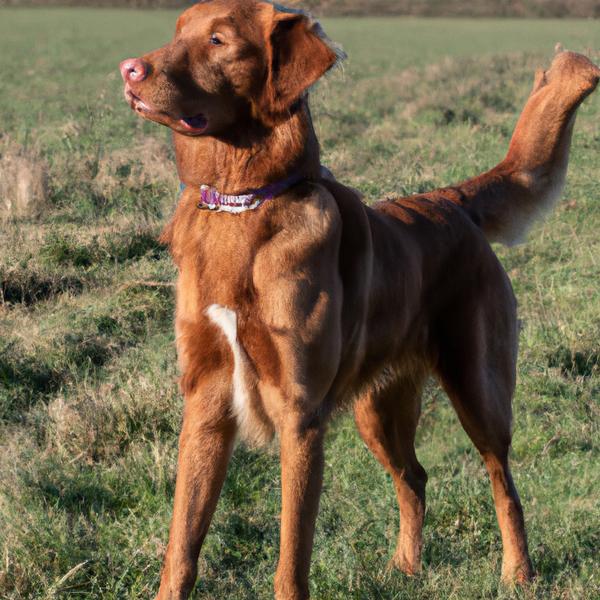King Charles Yorkie vs. Chatham Hill Retriever: Breed Differences and Similarities
Hypoallergenic
Are King Charles Yorkies or Chatham Hill Retrievers hypoallergenic, or neither?
Unfortunately, neither King Charles Yorkie nor Chatham Hill Retriever are hypoallergenic, which may not make them the best choice for dog lovers who suffer from pet allergies.
Temperament
What are the personalities of King Charles Yorkie and Chatham Hill Retriever dogs?
Active
Playful
Independent
Energetic
Alert
Courageous
Intelligent
Friendly
Affectionate
Loyal
Gentle
Social
Fearless
Cheerful
Quiet
Nonaggressive
Polite
Graceful
Sporty
No tendency towards nervousness
Playful
Intelligent
Confident
Friendly
Outgoing
Affectionate
Devoted
Trainable
Quiet
Faithful
Optimistic
Shedding Level
Do King Charles Yorkies shed more than Chatham Hill Retrievers, or which breed sheds more, King Charles Yorkies or Chatham Hill Retrievers?
King Charles Yorkie or Chatham Hill Retriever dogs are not heavy shedders, but they will lose a significant amount of hair each year. To decrease the amount of shedding, you can regularly brush your King Charles Yorkie or Chatham Hill Retriever. This will remove loose hair and keep their coat growing in the same direction.
Watchdog Ability
Which dog breed makes a better watchdog, the King Charles Yorkie or Chatham Hill Retriever?
Avoid King Charles Yorkies as watchdogs - they're not effective.
Chatham Hill Retrievers make excellent watchdogs - they're vocal and protective of their territory.
Ancestry
What are the origins of King Charles Yorkie and Chatham Hill Retriever breeds?
Cavalier King Charles Spaniel, Yorkshire Terrier
Flat Coated Retriever, Cocker Spaniel
Breed recognition
Which kennel clubs recognize/register King Charles Yorkie and Chatham Hill Retriever?
ACHC = American Canine Hybrid Club
DBR = Designer Breed Registry
DDKC = Designer Dogs Kennel Club
DRA = Dog Registry of America, Inc.
IDCR = International Designer Canine Registry®
DDKC = Designer Dogs Kennel Club
DRA = Dog Registry of America, Inc.
Date of Birth
When were King Charles Yorkie and Chatham Hill Retriever breeds first developed?
2000s
Unknown
Eye Color Possibilites
What are the eye colors of King Charles Yorkie and Chatham Hill Retriever dogs?
Brown
Brown
Amber
Nose Color Possibilites
What are the natural nose colors of King Charles Yorkie and Chatham Hill Retriever?
Black
Black
Coat Color Possibilites
What are the natural colors of the coat for King Charles Yorkie and Chatham Hill Retriever breeds?
White
Red
Black
Brown
Blue
Black
Brown
Fawn
Coat Length
What is the typical coat length for King Charles Yorkie and Chatham Hill Retriever breeds?
King Charles Yorkies are known for their coat length.
Chatham Hill Retrievers have coats that can be either short or medium in length.
Coat Density
What is the density of the coat of King Charles Yorkie and Chatham Hill Retriever?
Coat Texture
What is the hair texture of King Charles Yorkie and Chatham Hill Retriever?
Straight
Litter Size
What is the usual litter size for King Charles Yorkie and Chatham Hill Retriever?
A King Charles Yorkie can have a litter of 4-6 puppies on average. However, it's worth noting that the size of the litters can vary greatly. Factors that can influence litter size include the health of the mother, breeding history, and genetics.
A Chatham Hill Retriever can have a litter of 4-8 puppies on average. However, it's worth noting that the size of the litters can vary greatly. Factors that can influence litter size include the health of the mother, breeding history, and genetics.
Adaptability
King Charles Yorkie and Chatham Hill Retrievers are known for their adaptability and versatility. They are capable of adapting well to a wide range of lifestyle changes and living environments, making them great companions for families and individuals of all lifestyles.
Health Issues
Between King Charles Yorkie and Chatham Hill Retriever, which breed is more prone to health problems?
While the King Charles Yorkie breed is generally healthy, occasional vet check-ups are still necessary to address any health concerns.
Chatham Hill Retrievers typically have low vet costs due to their good health, but it's important to monitor their health and seek vet care when necessary.
Major Concerns
What are the major health concerns for King Charles Yorkie and Chatham Hill Retriever breeds?
Patellar Luxation
Retinal Dysplasia
Tracheal Collapse
Mitral Valve Disease
Portosystemic Shunt
Syringomyelia
Cataracts
Glaucoma
Hip Dysplasia
Histiocytosis
Minor Concerns
What minor health issues should be kept in mind when owning King Charles Yorkie and Chatham Hill Retriever?
Entropion
Progressive Retinal Atrophy
Cataracts
Retinal Dysplasia
Urolithiasis
Hip Dysplasia
Hydrocephalus
Patent Ductus Arteriosus
Color Dilution Alopecia
Microphthalmia
Shaker Dog Syndrome
Corneal Dystrophy
Keratoconjunctivitis Sicca
Hypoadrenocorticism
Legg-Calve Perthes Disease
Cryptorchidism
Otitis Externa
Patellar Luxation
Pulmonic Stenosis
Sick Sinus Syndrome
Occasional Tests
What occasional tests are recommended for King Charles Yorkie and Chatham Hill Retriever breeds?
Blood Test
Hip X-Rays
Heart
Dna For Pra
Eye Examinations
Full Physical Examination
Eye
Knee
Heart
Hips
X-Rays
Physical Examination
Energy
How do the energy levels of King Charles Yorkies and Chatham Hill Retrievers compare?
King Charles Yorkies are suitable for those with a balanced lifestyle as they have an average energy level.
Chatham Hill Retrievers' high energy levels make them unsuitable for a low-key dog, choose accordingly.
Social Needs
King Charles Yorkie vs Chatham Hill Retriever social needs comparison
King Charles Yorkie has very high social needs and requires regular mental and physical stimulation, a job or purpose, and companionship.
Chatham Hill Retriever has above average social needs and thrives with interaction with humans and other dogs.
Exercise Needed
King Charles Yorkie vs Chatham Hill Retriever exercise need comparison.
King Charles Yorkies need only a small amount of physical activity, ideal for busy or elderly people or those with limited space.
Chatham Hill Retrievers need moderate physical activity and are great for families and active individuals.
Sleeping Need
Which of the two sleeps the most/least: King Charles Yorkie or Chatham Hill Retriever?
King Charles Yorkies sleep less than other breeds but still need adequate sleep for good health.
Chatham Hill Retrievers are active and require sufficient sleep to stay healthy.
Tendency to Bark
Do King Charles Yorkies or Chatham Hill Retrievers bark more/less frequently?
King Charles Yorkies are typically quiet and only bark when needed, such as to alert their owner or when in distress.
Chatham Hill Retrievers bark moderately when necessary and may also bark due to certain triggers like fear, alarm, boredom, greeting, separation anxiety and compulsive barking.
Mouthiness
Mouthiness Comparison: King Charles Yorkie vs Chatham Hill Retriever?
Roaming urge
King Charles Yorkie vs Labrador: Running away tendency?
Prey Drive
King Charles Yorkie or Chatham Hill Retriever - which breed has a higher level of prey drive?
Past times
What are some enjoyable activities and ways to keep King Charles Yorkie and Chatham Hill Retriever entertained?
Walk, Tug-of-war, Fetch, Swim, Run, Walking, Cuddles
Beach Walking, Wrestling, Swimming
Activity Level
Which breed has higher energy, King Charles Yorkies or Chatham Hill Retrievers?
Both King Charles Yorkie and Chatham Hill Retriever are medium-energy dogs that enjoy socializing and playing with other dogs. They may engage in casual or sustained games of chase, and occasionally have bursts of barking or racing around the house.
Tolerance of being left alone
Walks per Week
How many miles should King Charles Yorkie or Chatham Hill Retriever walk each week?
There's really no limit to how far you walk your dog as long as they're comfortable. For King Charles Yorkie, it's at least 8 miles / week. Just remember to build distance and stamina gradually over time.
There's really no limit to how far you walk your dog as long as they're comfortable. For Chatham Hill Retriever, it's at least 10 miles / week. Just remember to build distance and stamina gradually over time.
Activity per Day
Do King Charles Yorkies or Chatham Hill Retrievers require more exercise?
Both King Charles Yorkie and Chatham Hill Retriever typically require a minimum of 60 minutes of exercise each day. The exercise can be spread throughout the day and may involve high-energy activities like walking, running, and playing.
Grooming
Which breed is easier to maintain in terms of grooming, King Charles Yorkies or Chatham Hill Retrievers?
King Charles Yorkies require significant grooming, including regular trims and professional grooming assistance to maintain their coat. They may also require frequent bathing to keep their coat and skin healthy.
The Chatham Hill Retriever requires an average amount of grooming compared to other breeds.
Brushing Frequency
What is the recommended brushing frequency for King Charles Yorkie and Chatham Hill Retriever dogs?
King Charles Yorkie should be brushed at least once a week. Of course you can give them more frequent brushes if you find that they are still shedding a lot
Ideally, Chatham Hill Retriever should be brushed at least 2 or 3 times a week (preferably daily) improve shedding.
Brushing Tools
What brushing tools are used for King Charles Yorkies and Chatham Hill Retrievers?
Pin Brush
Comb
Scissors
Nail Clipper
Pin Brush
Dematter
Clipper
Nail Clipper
Cups
How much food should be given to King Charles Yorkie or Chatham Hill Retriever in cups?
For an average 7-18 pound (3 - 8 kg) King Charles Yorkie feed 1 cups daily. But, keep in mind, the amount you feed is going to be dependent on the quality of the food you are feeding.
For an average 35-45 pound (16 - 20 kg) Chatham Hill Retriever feed 2 cups daily. But, keep in mind, the amount you feed is going to be dependent on the quality of the food you are feeding.
Daily Cost
Which breed has a higher daily cost, King Charles Yorkie or Chatham Hill Retriever?
The average cost of a King Charles Yorkie is somewhere $1.00 - $1.40 per day.
The average cost of a Chatham Hill Retriever is somewhere $1.80 - $2.00 per day.
Monthly Cost
Which breed has a higher monthly cost, King Charles Yorkie or Chatham Hill Retriever?
The average per month expenses of a King Charles Yorkie is between $28 - $42. This makes an average of $336 - $504 per year. It will be on the higher side when the dog is still small because it will need more frequent visits to the vet, shots.
The average per month expenses of a Chatham Hill Retriever is between $48 - $63. This makes an average of $576 - $756 per year. It will be on the higher side when the dog is still small because it will need more frequent visits to the vet, shots.
Intelligence
Comparing Intelligence: King Charles Yorkies vs Chatham Hill Retrievers
King Charles Yorkies are average in obedience intelligence but have a high IQ and may cause trouble if left unsupervised.
Chatham Hill Retriever is highly intelligent and very trainable.
Sensitivity Level
How do King Charles Yorkie and Chatham Hill Retriever compare in sensitivity?
These dog breeds are particularly attuned to its environment and the emotions of those around it. King Charles Yorkie and Chatham Hill Retriever can be easily overwhelmed by loud noises, new environments, unfamiliar people, or animals. This dog breed is best suited for individuals or families who are patient, gentle, and understanding of its sensitive nature. It may also benefit from a calm and stable home environment, with a consistent routine and plenty of positive reinforcement training.
Affection Dependance
Which is the more affectionate dog breed: King Charles Yorkie vs Chatham Hill Retriever?
Apartment Friendly
Which breed is more apartment-friendly: King Charles Yorkie or Chatham Hill Retriever?
King Charles Yorkies make excellent apartment dogs, being fairly active indoors and not requiring a yard.
Chatham Hill Retrievers are good apartment dogs as long as they get enough exercise and stimulation outside of the apartment.
Child Friendly
Do King Charles Yorkies or Chatham Hill Retrievers have a friendlier temperament towards children?
King Charles Yorkies have an average level of friendliness towards children.
Chatham Hill Retrievers make excellent family pets for kids due to their gentle, protective nature and calm temperament.
Senior-friendly
Which dog is more suitable as a pet for the elderly - King Charles Yorkie or Chatham Hill Retriever?
Cat Friendly
Do King Charles Yorkie or Chatham Hill Retriever breeds have a better compatibility with cats?
King Charles Yorkies and Chatham Hill Retrievers are one of the best dogs for cats. They accept cats readily as part of the family. However, this dog breed should be trained to not chase after the kitty early on
Dog Friendly
Which breed is more sociable with other dogs: King Charles Yorkie or Chatham Hill Retriever?
King Charles Yorkies are friendly and active companions, and can be good family pets, though their friendliness towards other dogs may vary.
Chatham Hill Retrievers are generally very friendly towards other dogs, with a happy and affectionate temperament.
Pet friendly
How do King Charles Yorkie or Chatham Hill Retriever dogs interact with other pets?
Stranger Friendly
Which breed is more friendly with strangers: King Charles Yorkie or Chatham Hill Retriever?
King Charles Yorkie and Chatham Hill Retriever are friendly dogs and typically won't bark at strangers. However, if you wish to change this behavior, training them is easy thanks to their intelligence, making it pretty simple to teach them anything.
Playfulness
Which breed is more playful between King Charles Yorkie and Chatham Hill Retriever?
King Charles Yorkies have an average level of playfulness, enjoying playtime like most dogs but not excessively so.
Chatham Hill Retrievers are very playful, so adopting an older one might be a better option for a more relaxed experience.
Trainability
How do the trainability levels of King Charles Yorkies and Chatham Hill Retrievers compare?
King Charles Yorkies are usually easy to train but require consistency to fully obey commands.
Chatham Hill Retrievers are popular for their ease of training and quick learning ability.
Compare King Charles Yorkie with other breeds
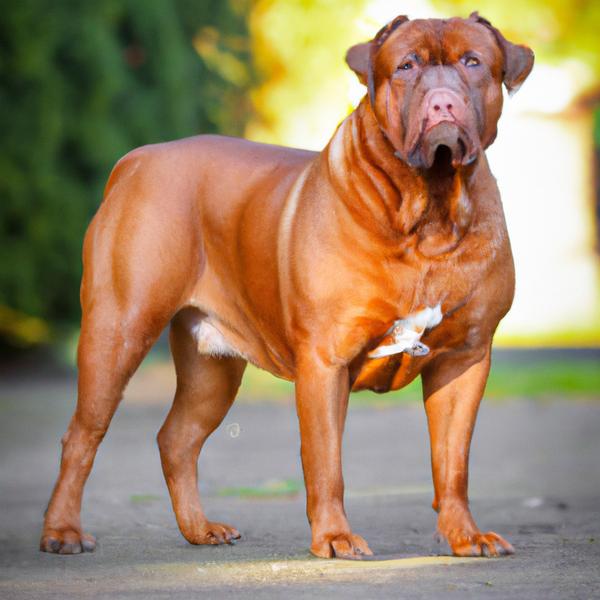
American Bull Dogue De Bordeaux
King Charles Yorkie vs American Bull Dogue De Bordeaux
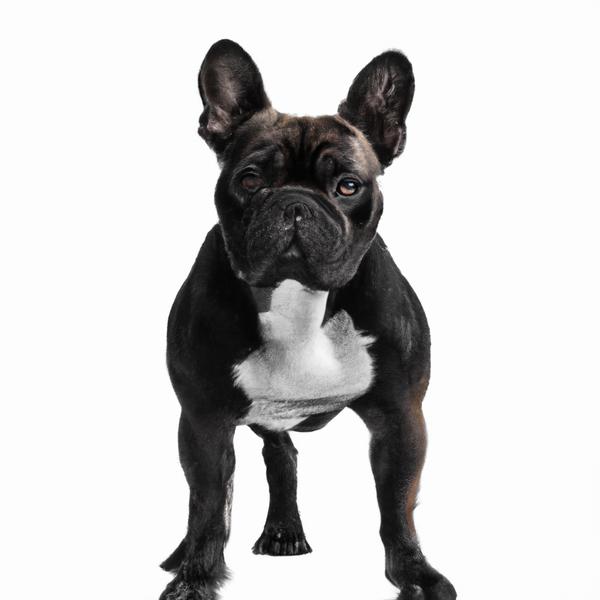
French Bull Dane
King Charles Yorkie vs French Bull Dane
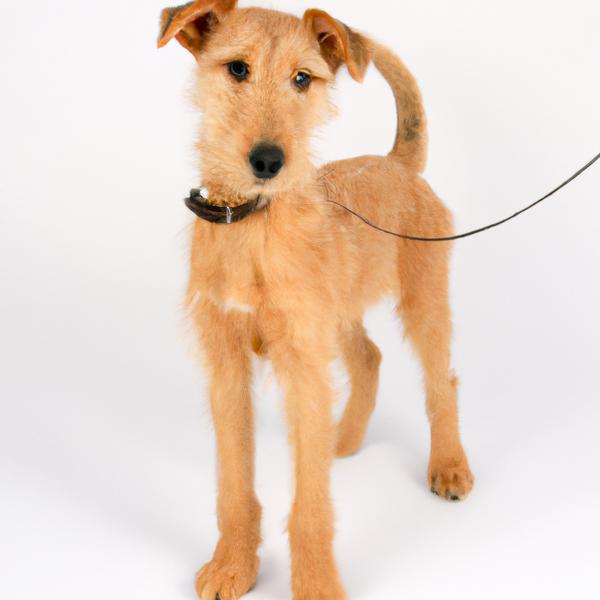
Wire Foxton
King Charles Yorkie vs Wire Foxton

Bully-Tzu
King Charles Yorkie vs Bully-Tzu

Smooth Foxy Russell
King Charles Yorkie vs Smooth Foxy Russell
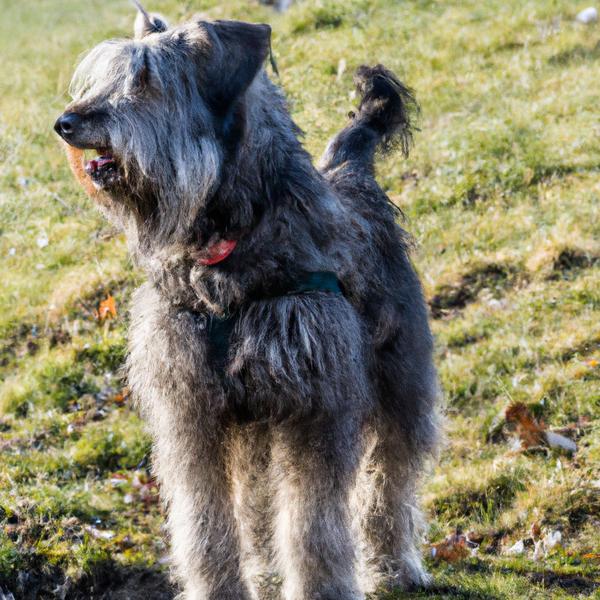
Schnu
King Charles Yorkie vs Schnu
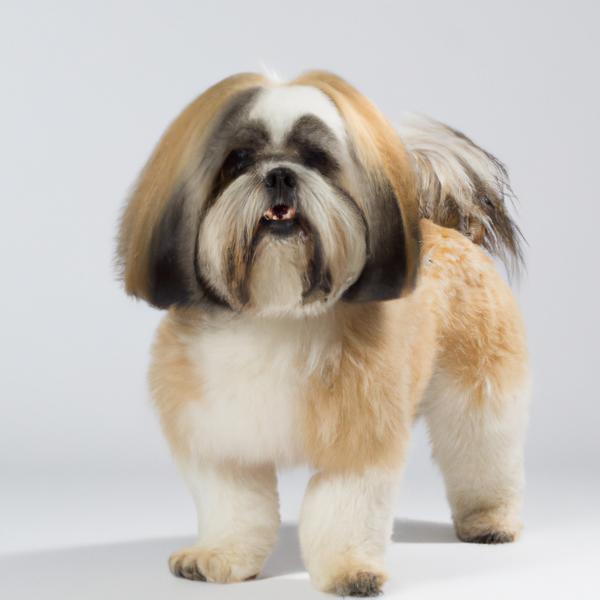
Lhatese
King Charles Yorkie vs Lhatese
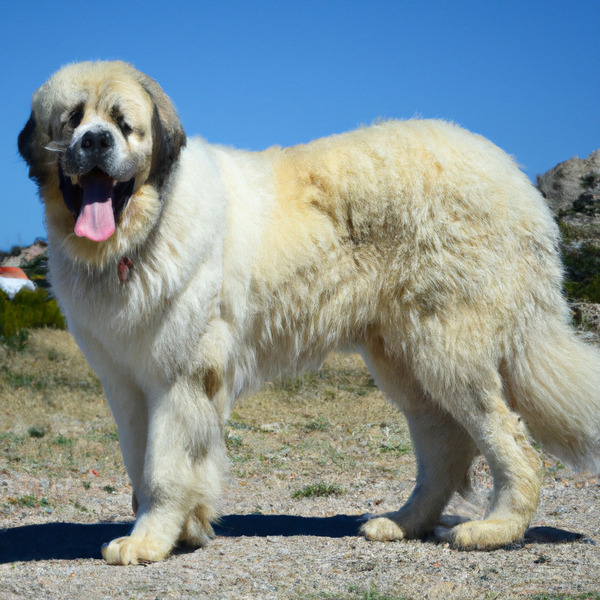
Pyrenean Mastiff
King Charles Yorkie vs Pyrenean Mastiff

Rat-Cha
King Charles Yorkie vs Rat-Cha
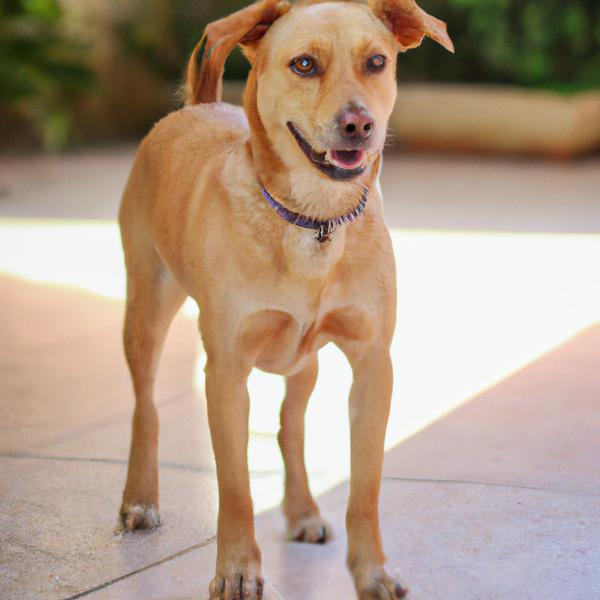
Labrahuahua
King Charles Yorkie vs Labrahuahua

Patterdale Terrier
King Charles Yorkie vs Patterdale Terrier

Rottaf
King Charles Yorkie vs Rottaf

